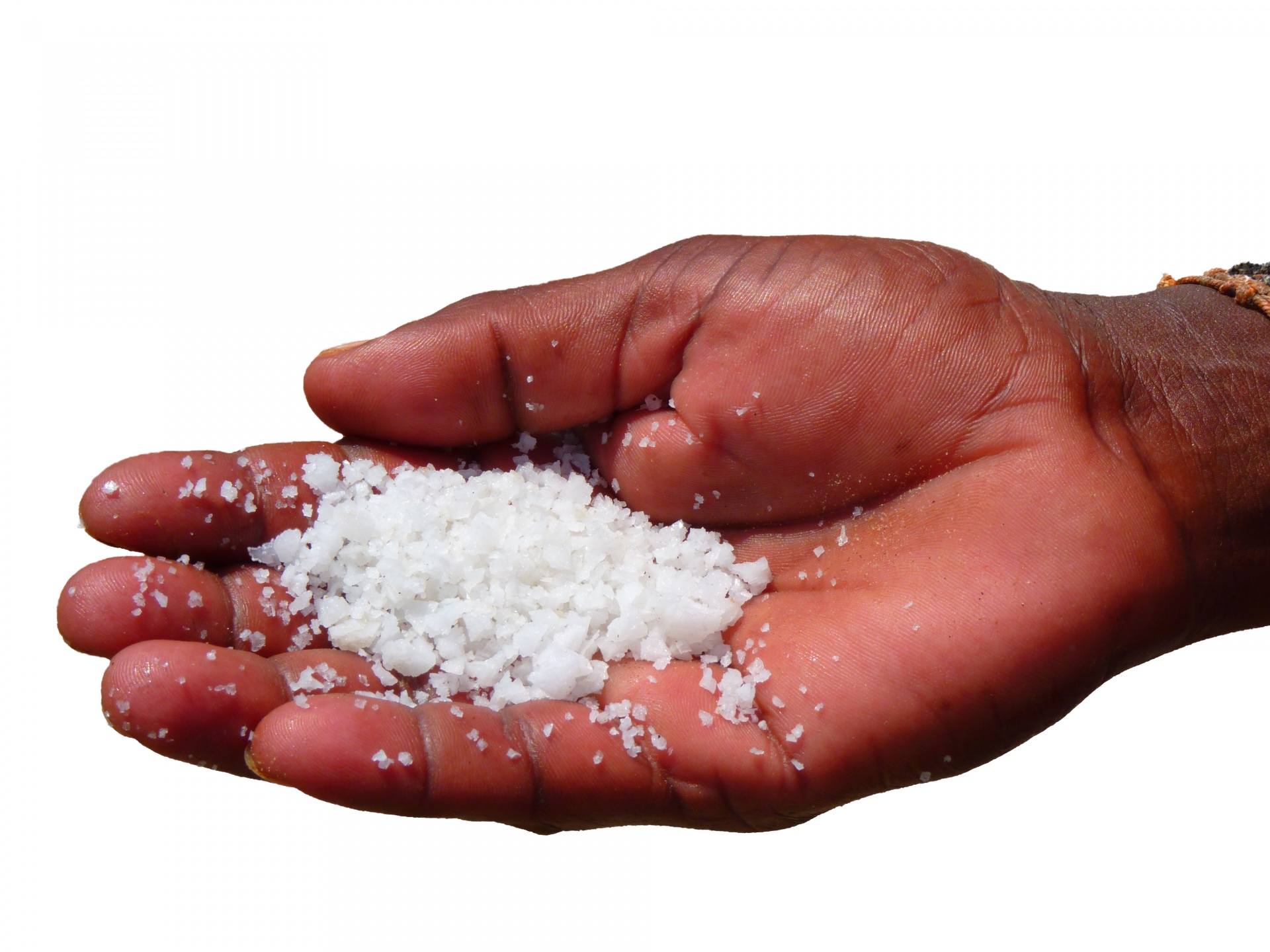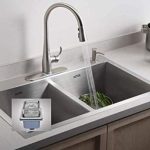It should be obvious – the hard water is extremely dangerous for your health. The hard water includes the minerals and chemicals that may block the veins and arteries in the same way that they clog the water systems. This is exactly why people have begun using water-softening systems in their pools. The salt used in swimming pools is entirely different from the salt used in the case of household water softeners. How about undertaking a pool salt vs water softener salt comparison?
Quick Answer:
The pool salt and water softener salts have the same degree of salt or grade of salt, but the difference between them lies in the additives used. As such you can not interchange the pool alt and water softener salt as they are manufactured for different purposes.
Can I Use Water Softener Salt In My Pool?
Water softener salt should never be used in a pool. It can have corrosive effects on the pool water. It is advisable to check a few precautions when using saoftener salt in a pool.
Water softener salt is used for a wide range of applications that include household appliances and industrial water treatments. But using the water softener salt in the pool can have its own detrimental effects. The water softener salt may contain additives that may be corrosive in nature.
It may be advisable to ensure that you have used a few precautions when using the water softener salt in a pool.
Make sure to keep these things in mind when using water softener salt in pool:
- Make sure that you maintain a specific level of softness in the pool water. It should never be fully softened. That is exactly why you need to check the amount of salt added to the pool.
- You should focus on reducing the hardness of the water over an extended period of time. It should never be attempted to soften the water over an acutely shorter time span such as one or two days.
- Choose the type of water softener quite carefully. A poor quality salt can do more harm than benefit.

What is Pool Salt?
The pool salt is the same as the water softener salt. The quality and the grade of the salt remain the same. The primary aspect that differentiates the pool salt from the water softener salt is the texture which changes the properties of the salt.
The pool salt is minuscule and refined salt. If you use it in a water softener, the water will turn salty instead of softening it. The salt will be left in the tank just unlike the water softener salt. The pool salt can even leave lumps in the valve of the water softener.
What is Water Softener Salt?
The water softener is, obviously the salt used for softening the water without making it salty. It is available in the form of pellets and crystals. The best part is that they can effectively remove the hardness of the water and make it potable.
The water softener salt does not form residue at the bottom of the tank even when they shrink. The water softener salt and pool salt match perfectly on the basis of purity, but they do come with their own textures which would dearly affect the performance of the salt.
The table below should give you a fair idea of the differences between pool salt and water softener salt:
| Feature | Water Softener Salt | Pool Salt |
| Chemical composition | Primarily sodium chloride | Primarily sodium chloride |
| Purity | High purity (typically 99% or more) | Lower purity (typically 98% or less) |
| Additives | May contain additives to help with water softening | Generally does not contain additives |
| Purpose | Used to regenerate water softeners by removing hard water minerals | Used to increase the salinity of pool water |
| Form | Comes in various forms, including pellets, crystals, and blocks | Typically comes in small crystals or pellets |
| Cost | Generally less expensive than pool salt | Generally more expensive than water softener salt |
It’s worth noting that while both water softener salt and pool salt are primarily composed of sodium chloride, they may have different levels of impurities and additives that make them better suited for their respective purposes. Using the wrong type of salt for a particular application can result in poor performance or damage to equipment, so it’s important to use the correct type of salt for each situation.
Can You Use Pool Salt in Water Softener?
You should not ideally use the pool salt in a water softener. This is because the texture of the pool salt is completely different from the texture of the water softener salt. Of course, the functionality of the salt will remain the same, but you will find the texture dearly affecting the valves and other parts of the water softener.
Some of the issues that you may come across when using the pool salt in the water softener can include:
The particles in the salt can clog your valve
The valve on the softener can get clogged due to the tiny particles in the salt. This valve is designed to control the flow of water into and out of the water softener unit. If the valve gets clogged due to the salt, it will affect the way your water softener is working. The water in your system will be hard and your water supply will remain hard.
It can corrode the metal parts in your water softener
The sodium in the salt water is a form of metal. When the metal comes into contact with the other metal parts in your water softener, you may run the risk of corrosion. This can further lead to the parts of the water softener breaking down.
The high pH can cause overflow
The pH levels of the pool salt may be a little higher. This can result in the overflow of the brine tank. This is likely to cause water damage to your water system. If the water reaches your electrical system, it can even result in fire.
It can affect regeneration proves
Pool salt can affect the water softener regeneration process. The higher level of pool salt can disrupt the process of regeneration. This will help you in making the water softener get clogged with minerals.
Water can get salty
The pool salt can make the water softener water salty. This is primarily because of the fact that the pool salt is not designed to work with the water softeners. The extremely salty water can cause the issues such as high blood pressure, heart disease, and other health issues.
Effects of Using Water Softener in Your Pool
You would witness a host of effects and issues when you use the water softener salt in your pool. Some of these effects can include
It can result in the calcified salt cell
The components and the salt added to the pool can result in salt collection at the cell electrode of the pool. This may prevent the system from recognizing the right salt level. This can cause the electrodes to get damaged.
It may cause stains in the pool
Water softener salt in the pool can create stains inside the pool. This is because of the fact that the pool salts are designed to dissolve quickly, whereas the softener salts are designed to dissolve slowly thereby causing a bad stain.
Haziness
Water softener salt is also likely to result in haziness in the water. Your crystal clear pool may appear to be quite dirty and hazy in appearance.
The Parting Thoughts
Pool salt and water softener salt are completely different and unique in their own right. Using them interchangeably may not be a practical solution. It would be advisable to look for specifications in tune with your individual requirements and pick the right type of salt that goes well with your pool.











Add Comment